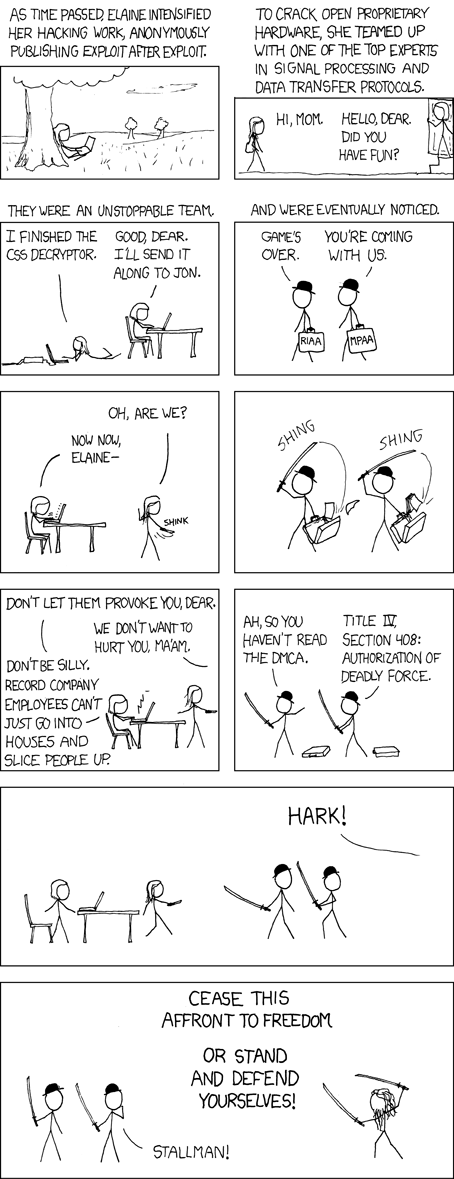Very interesting piece from Duane Morris on a case in New York. My ultra short summary of the summary: Insurance company leases computer to agent. Agent puts all his business and personal data on it. Insurance company terminates agency, takes back the computer and all data on it, and refuses to give the agent access to any of it. Agent sues, loses, but then wins on appeal.
The interesting part is the basis on which he won, which was a claim under “conversion”. Not necessarily incredibly groundbreaking, as other cases have dealt with conversion as applied to intangibles previously, but, as the folks at Duane note:
Under the merger doctrine, a conversion claim will apply to intangible property, such as shares of stock, that are merged or converted into a document, such as a stock certificate. Accordingly, conversion of the certificate may be treated as conversion of the shares of stock represented by the certificate. More recently, the court ruled that a plaintiff could maintain a cause of action for conversion where the defendant infringed the plaintiff’s intangible property right to a musical performance by misappropriating a master recording, a tangible item of property capable of being physically taken.
Thyroff was the Court’s first opportunity to consider whether the common law should permit conversion for intangible property that did not strictly satisfy the merger test. Recognizing that it “is the strength of the common law to respond, albeit cautiously and intelligently, to the demands of common sense justice in an evolving society,” the Court decided that the time had arrived to depart from the strict common-law limitation of conversion.
Interestingly, in their analysis of the decision, they conclude that:
This decision provides a powerful remedy for New York employers to bring a cause of action against employees who steal company information or [intangible] property. Unlike claims for breach of fiduciary duty or misappropriation of trade secrets, conversion may be easier to plead than other claims because it does not require that the employer establish willfulness or wrongful conduct.
Hmmm. Not quite sure I’d agree – after all, the “conversion” itself would need to be established. Also, I’m not sure that a rogue employee who takes a copy of his or her employer’s confidential information but leaves the original copy with their employer, would be the basis for a cause of action under conversion, which, if I understand the case correctly, has more to do with depriving someone of property that is rightfully theirs. Absconding with confidential information does not deprive the owner of that information of the data, but rather the value the owner of the data can realize by virtue of the fact it can only be used by that owner. That situation seems somewhat different than the one in Thyroff – the analogy there would be if insurance company did not deny the agent access to his information, but rather took a copy of it and used it in a way they weren’t supposed to. It would be interesting to see whether the court would extend a claim of conversion to deprivation not of the intangible information itself, but rather value of the rights to exploit it exclusively. Alternatively, it may be that the ruling could be read broadly enough to already take that into account.
I also wonder what sort of effect this might have on those who might have otherwise leapt at the opportunity to become an agent for the insurance company…


